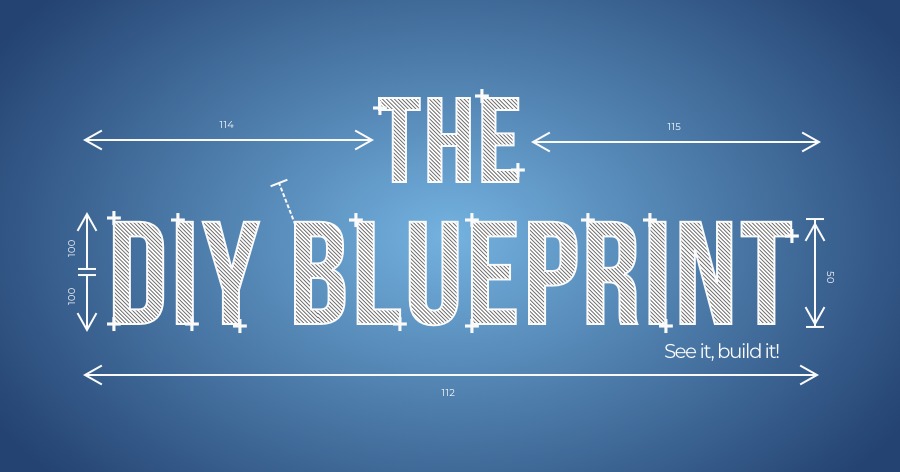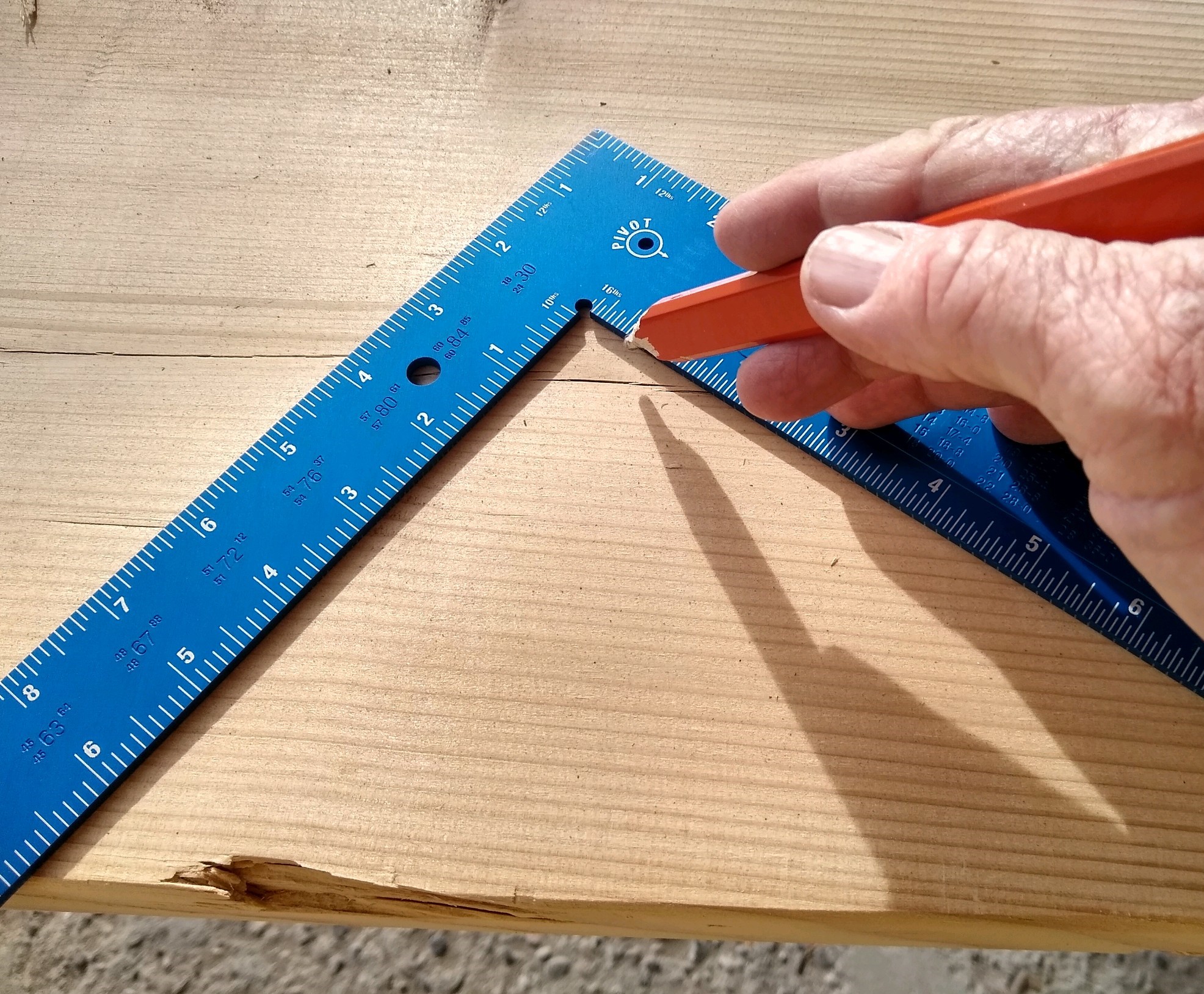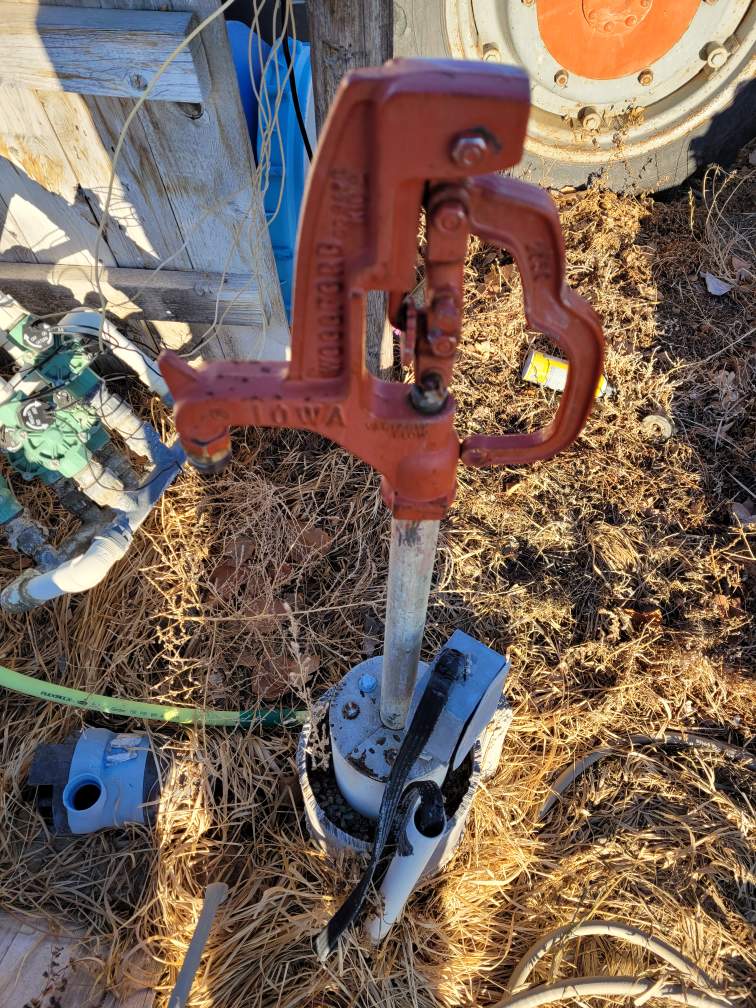Drilling is a common task for many DIY enthusiasts and professionals alike. However, the success of any drilling project depends largely on the type of drill bit used. With so many options available in the market, selecting the perfect drill bit for every project can be challenging. In this guide, we will provide you with a detailed rundown of the different types of drill bits available and their specific uses, helping you to select the right one for your project.
Twist Drill Bits
Twist drill bits are the most common type of drill bits and are used for drilling into metal, wood, and plastic. They are characterized by their spiral flute design, which allows them to remove material from the hole as they drill. Twist drill bits come in different sizes, with larger bits being used for bigger holes and vice versa for smaller holes.
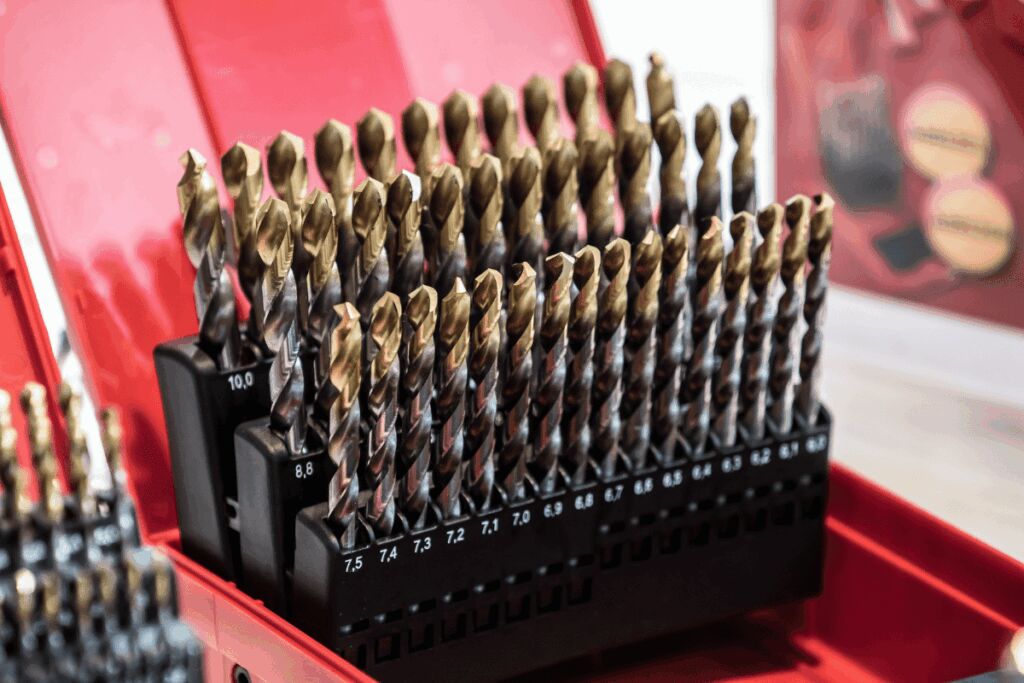
Photo Credit: prescot09 via Canva
Brad Point Bits
Brad point bits are designed for drilling into wood and are characterized by their pointed tip and sharp edges. They are ideal for creating clean, accurate holes in wood, and are often used in woodworking projects such as furniture making and cabinetry.
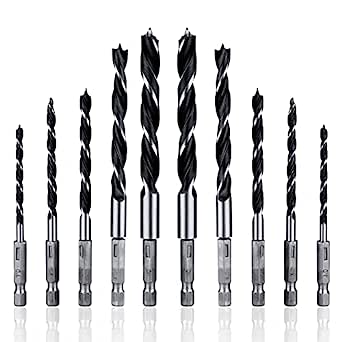
Masonry Bits
Masonry bits are designed for drilling into concrete, brick, and other masonry materials. They are characterized by their carbide tips, which are able to withstand the high temperatures generated by drilling into hard materials. Masonry bits come in different sizes and shapes, with larger bits being used for bigger holes.
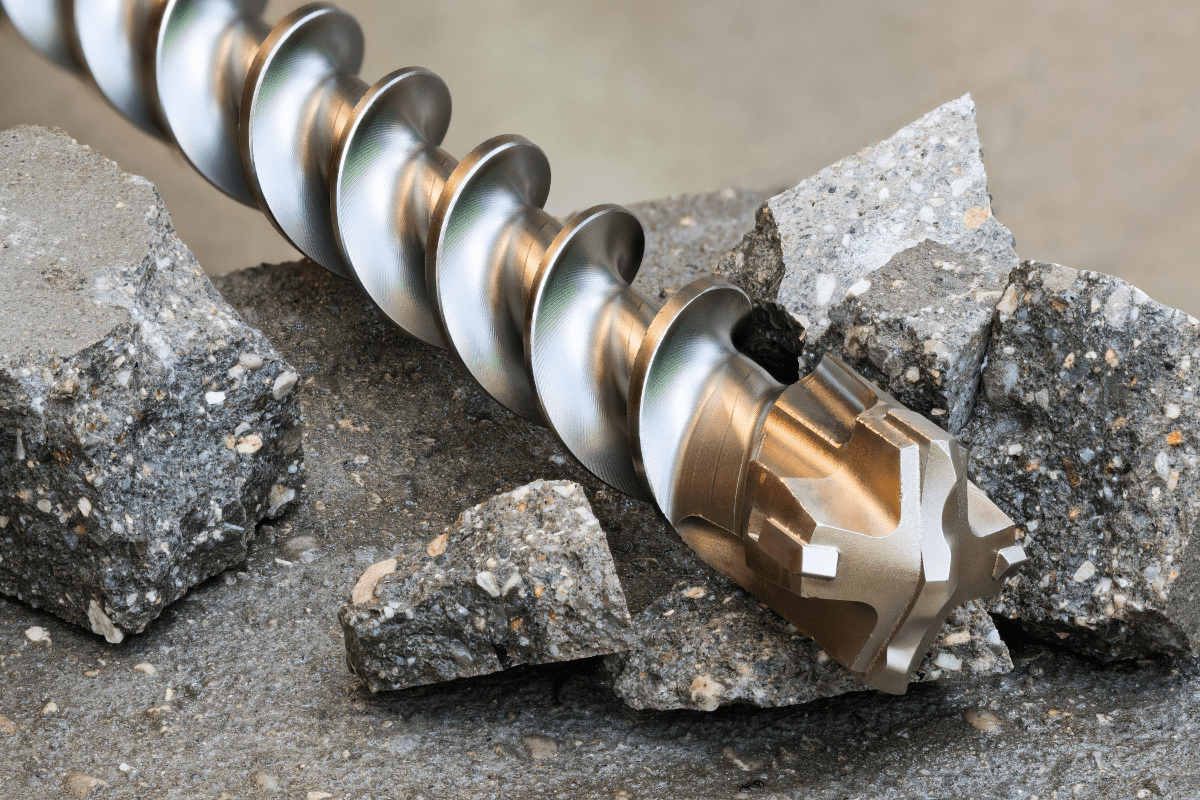
Photo Credit: Ladislav via Canva
Forstner Bits
Forstner bits are designed for drilling into wood, and are characterized by their flat bottoms and circular cutting edges. They are ideal for creating flat-bottomed holes with clean edges, and are often used in woodworking projects such as furniture making and cabinetry.
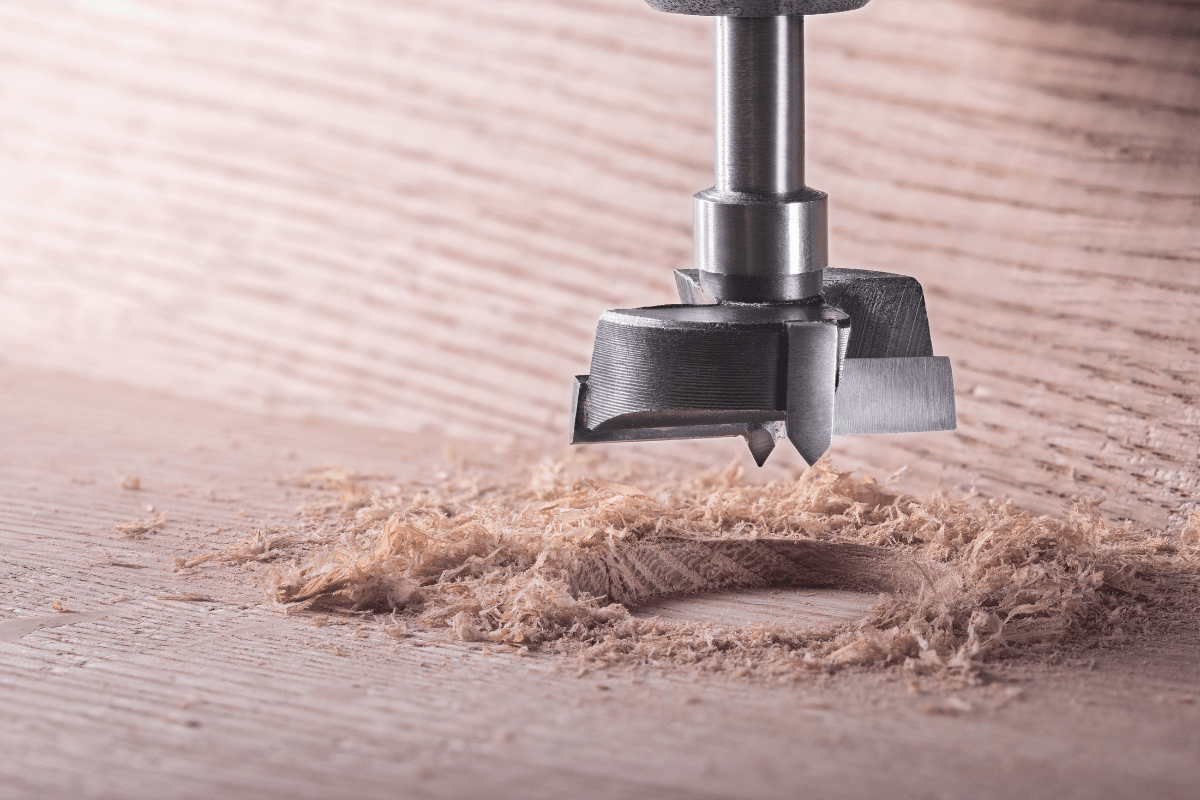
Photo Credit: Evkaz via Canva
Hole Saws
Hole saws are designed for drilling large diameter holes into wood, metal, and plastic. They are characterized by their circular shape and sharp teeth, which are able to remove material as they drill. Hole saws come in different sizes, with larger saws being used for bigger holes.
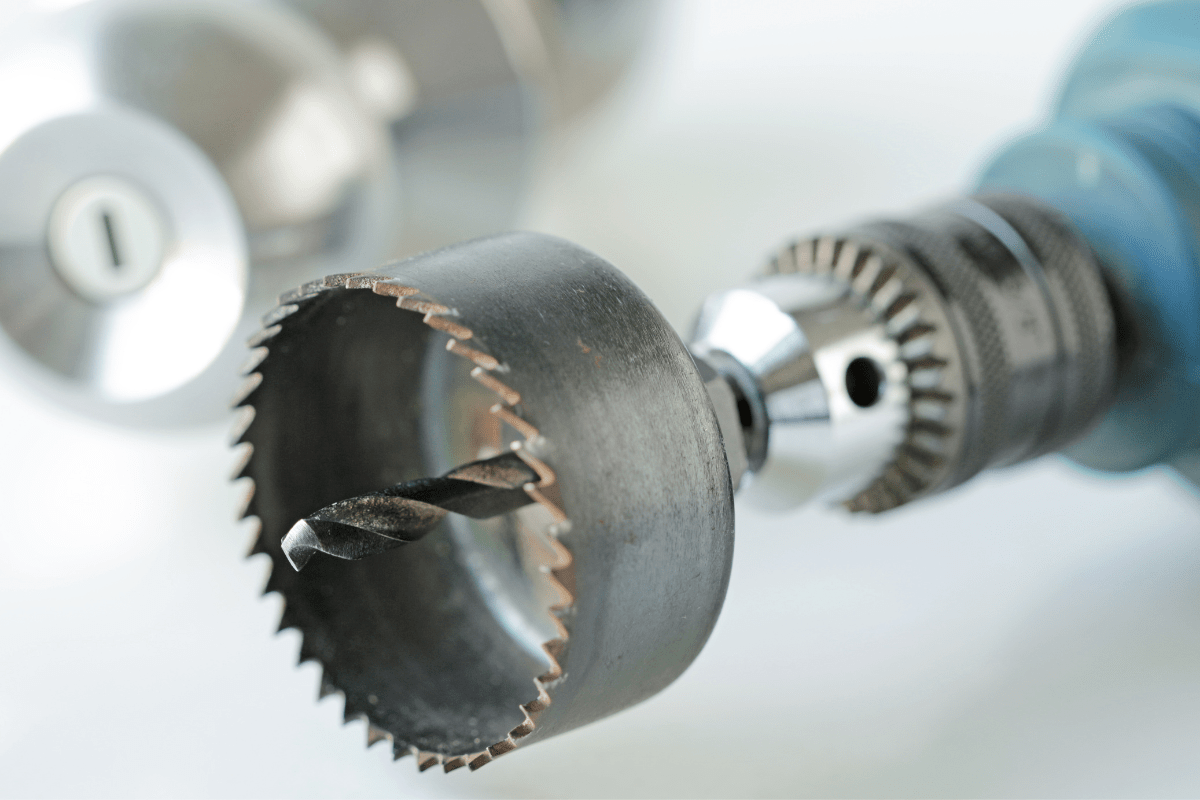
Photo Credit: Weichentep via Canva
Countersink Bits
Countersink bits are designed for creating a conical recess in a material, which allows the head of a screw to sit flush with the surface of the material. They are characterized by their tapered cutting edges and are often used in woodworking projects such as cabinetry and furniture making.
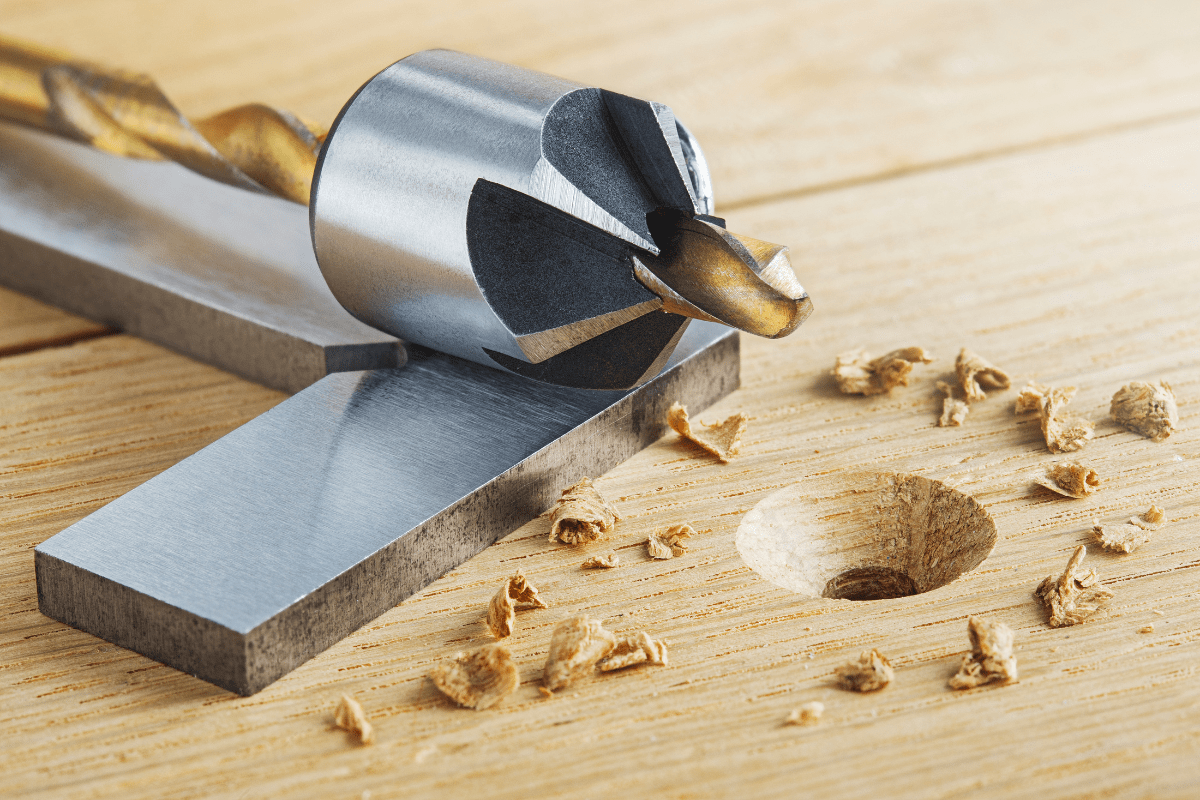
Photo Credit: Evkaz via Canva
When selecting a drill bit for your project, it’s important to consider the material you will be drilling into and the size of the hole you need to create. It’s also important to ensure that the drill bit is compatible with your drill, as some drill bits are designed specifically for use with certain types of drills.
In conclusion, selecting the perfect drill bit for every project requires careful consideration of the material being drilled and the size of the hole required. With the right drill bit, you can achieve clean, accurate holes that are essential for any DIY or professional project.
